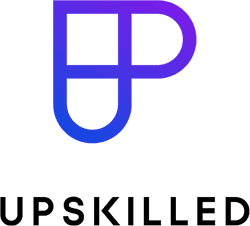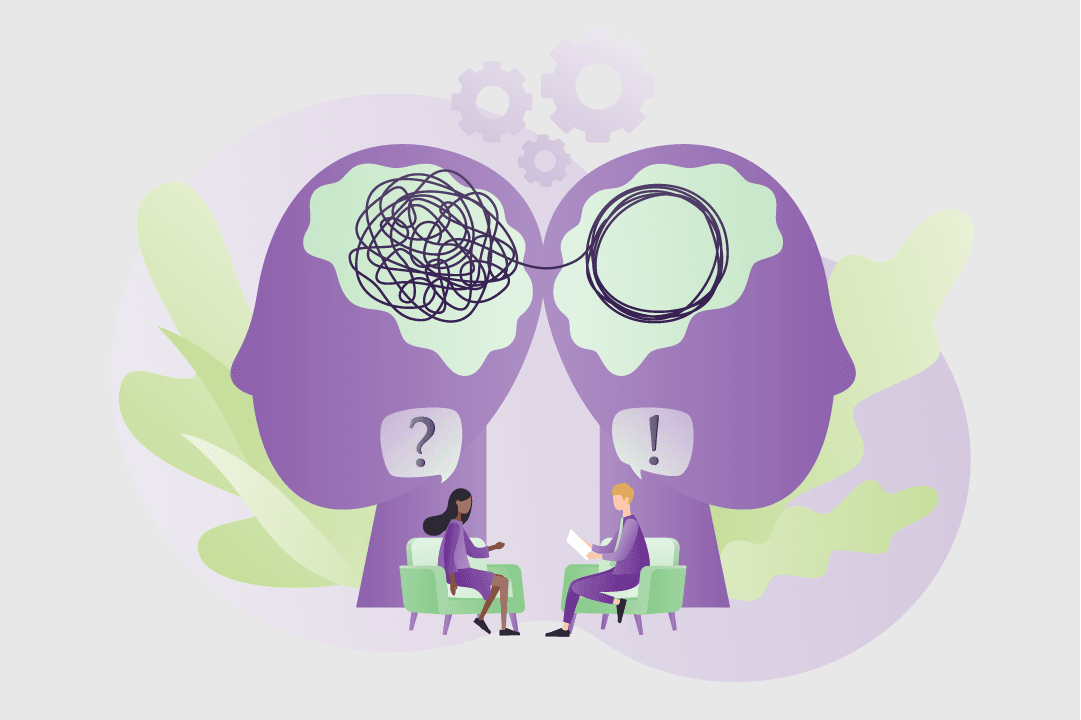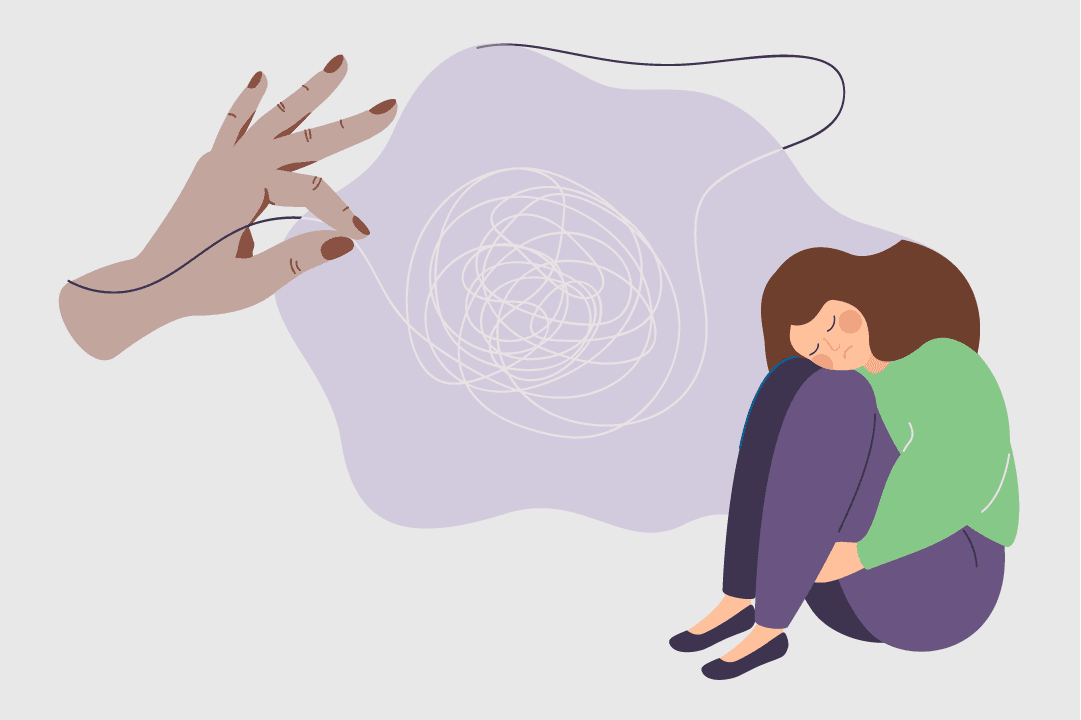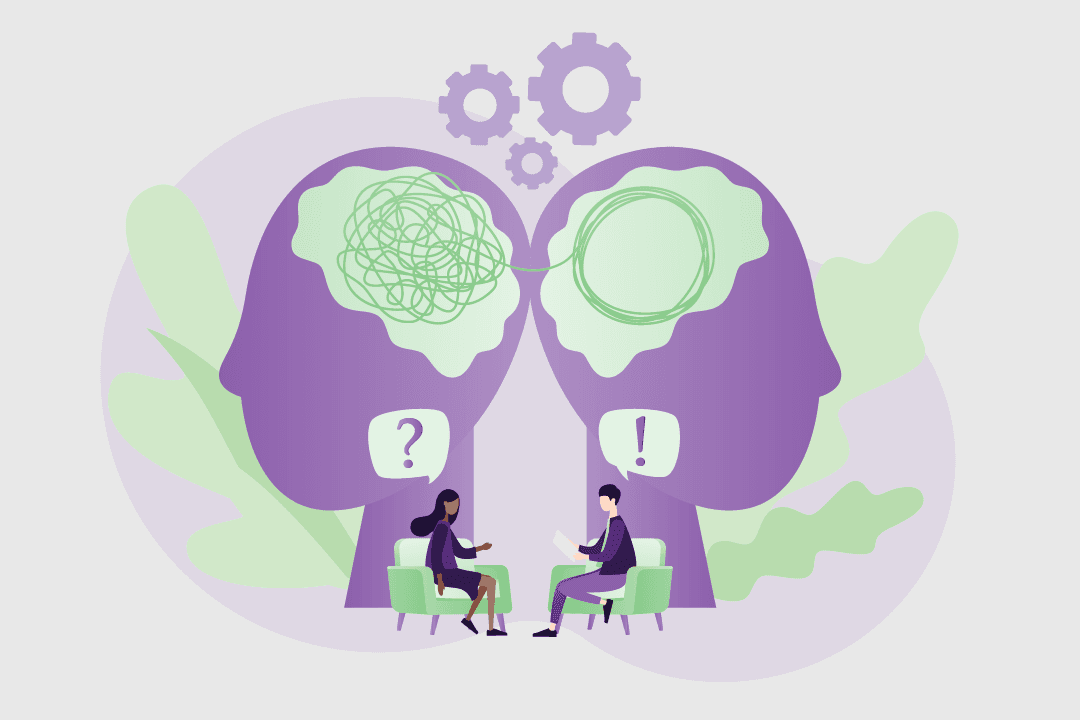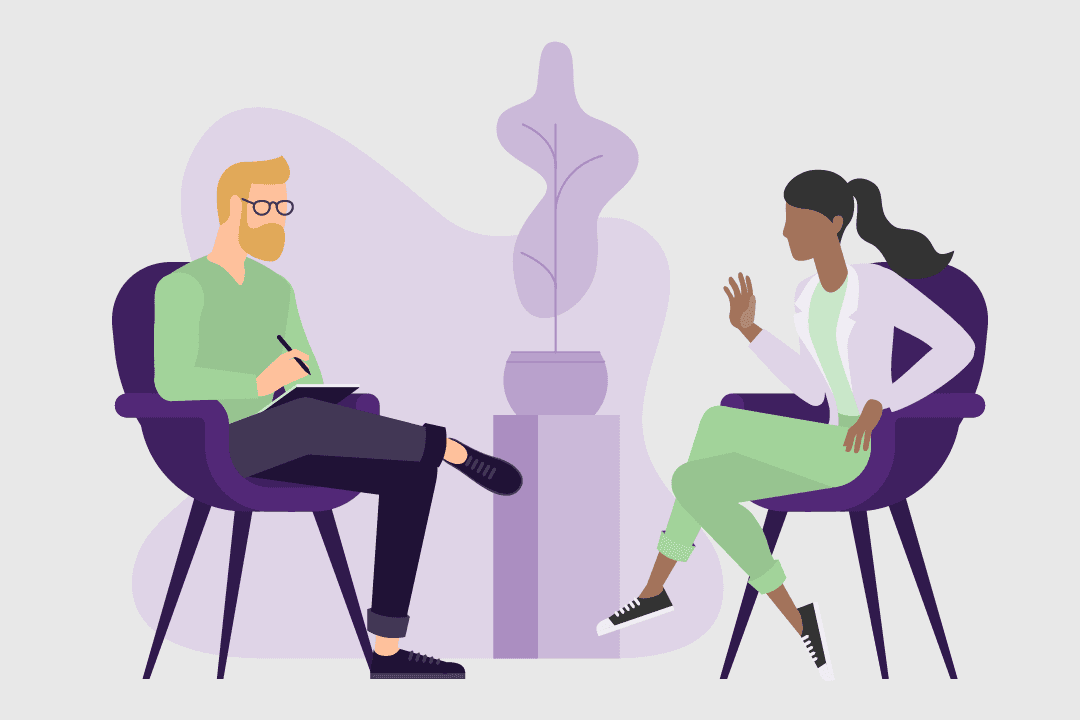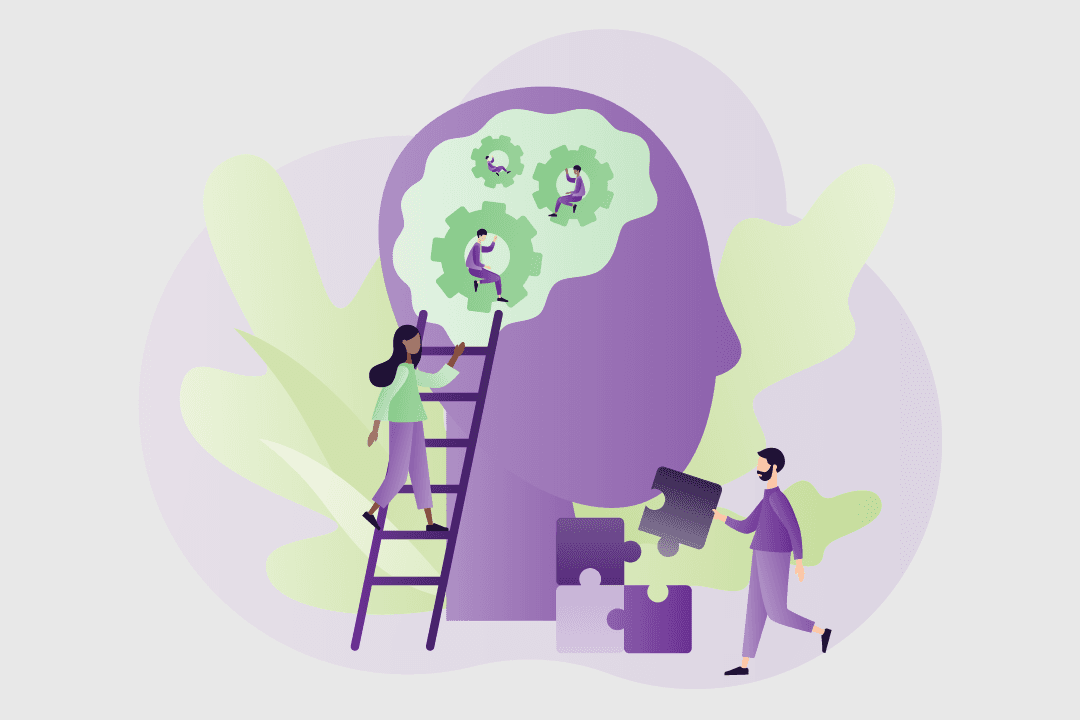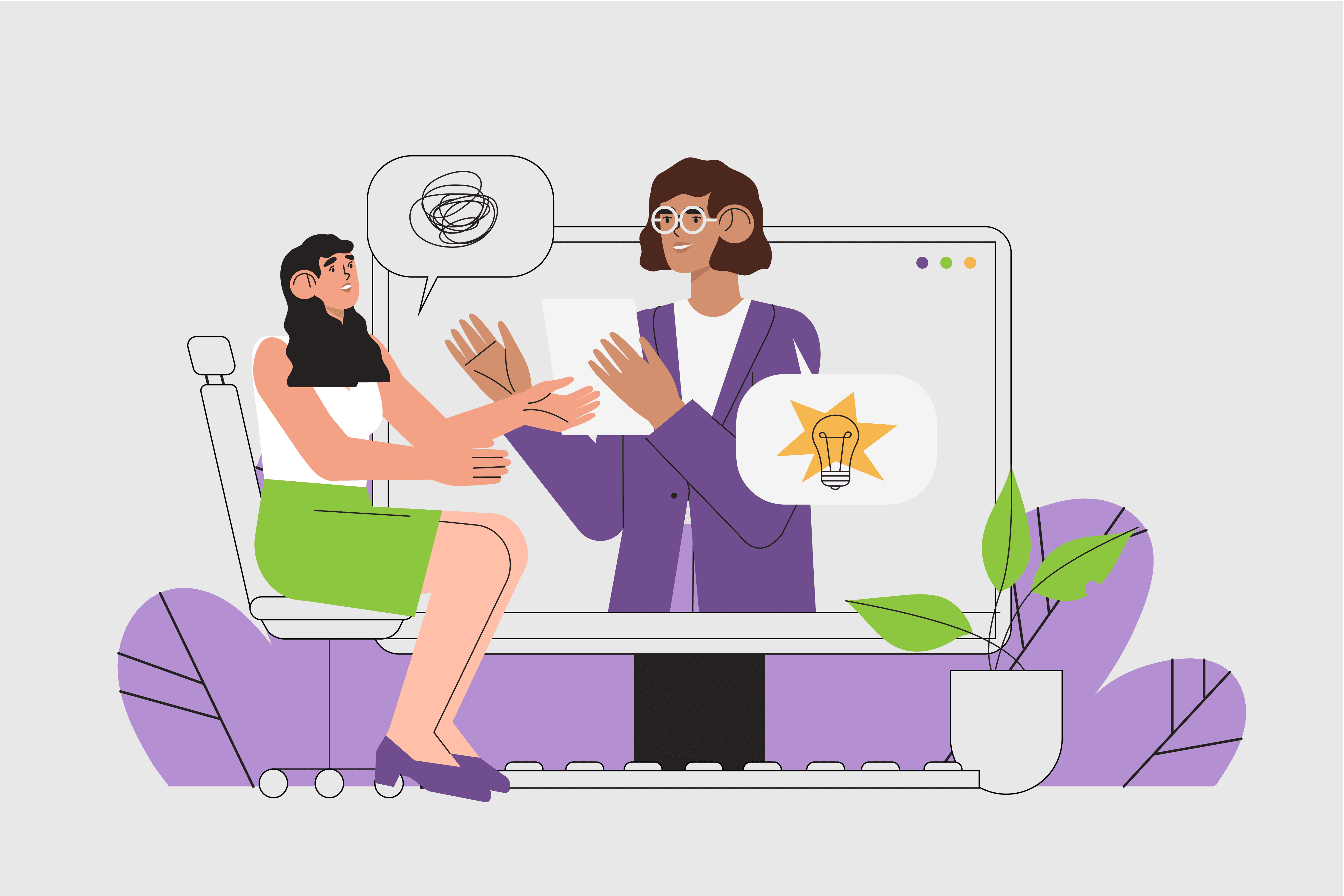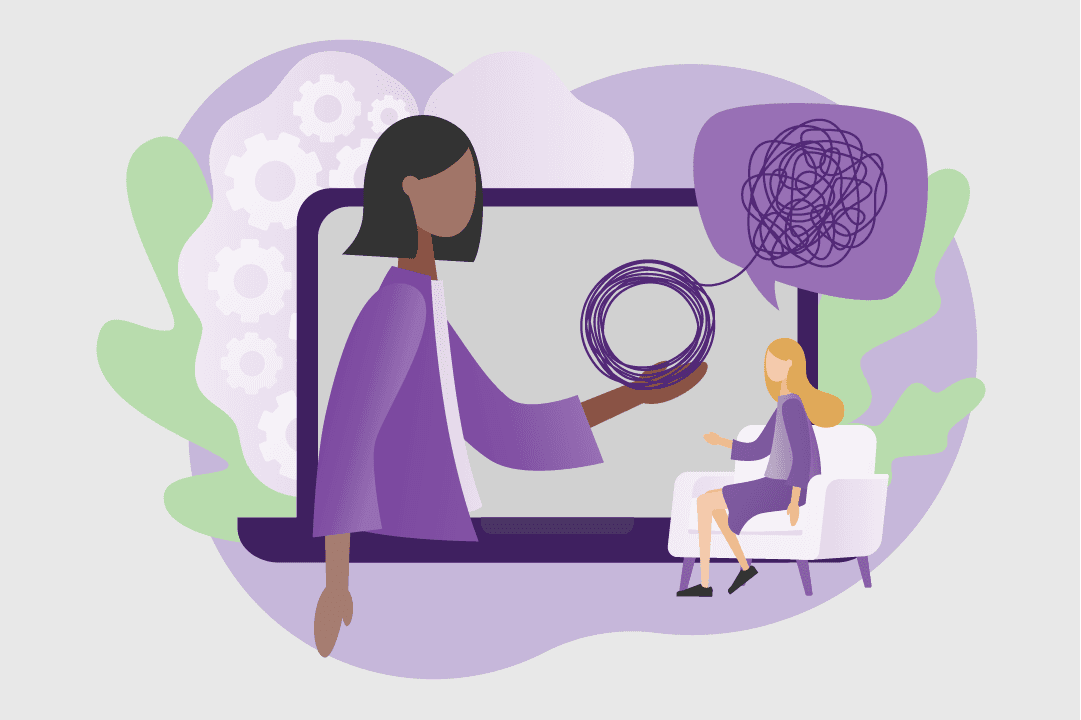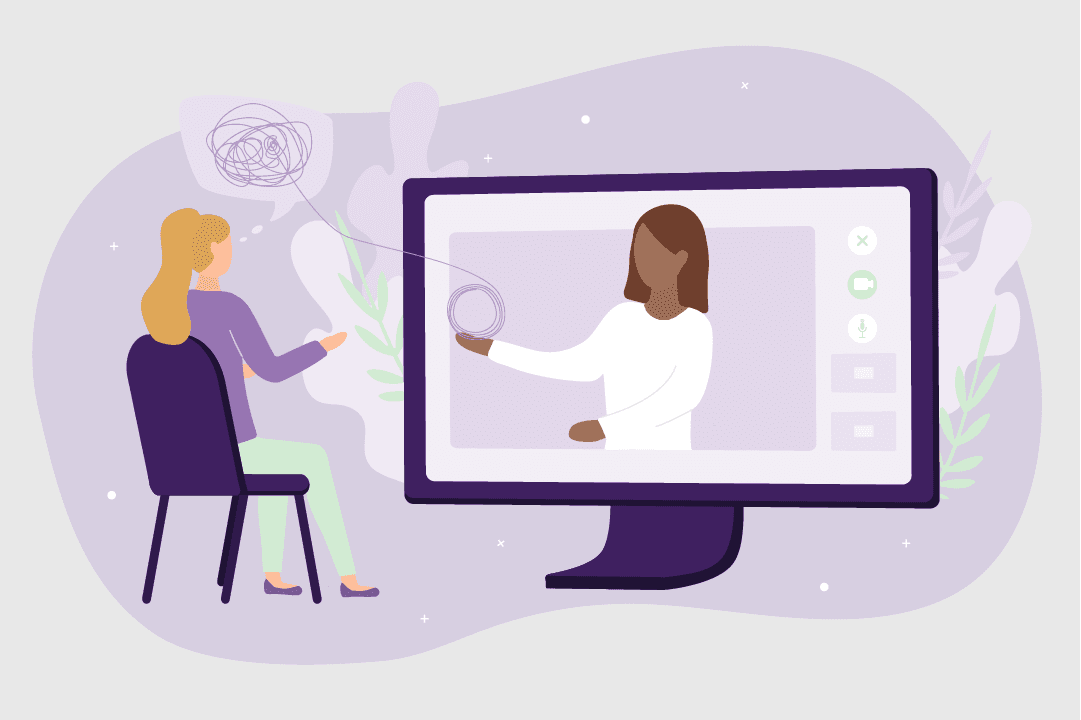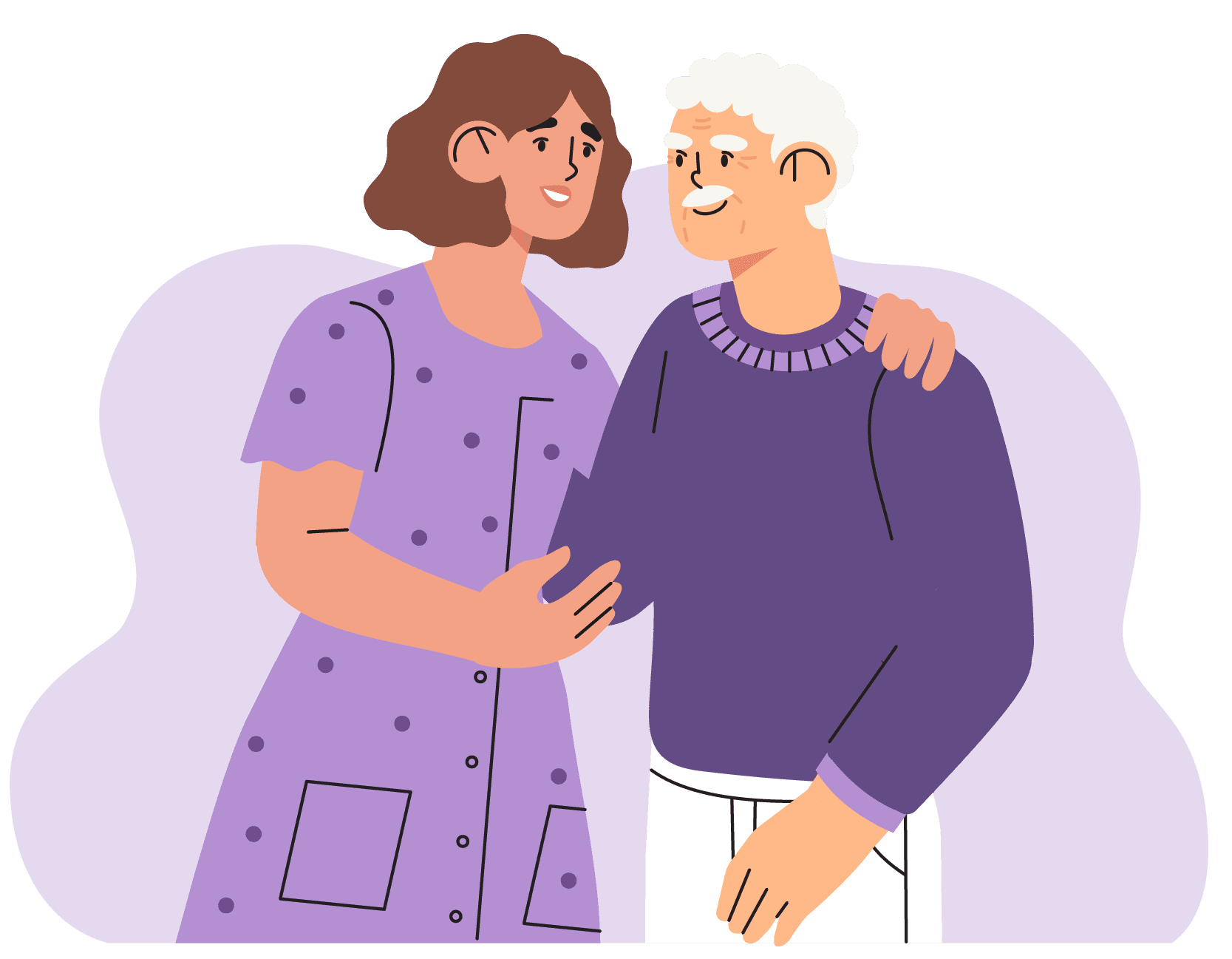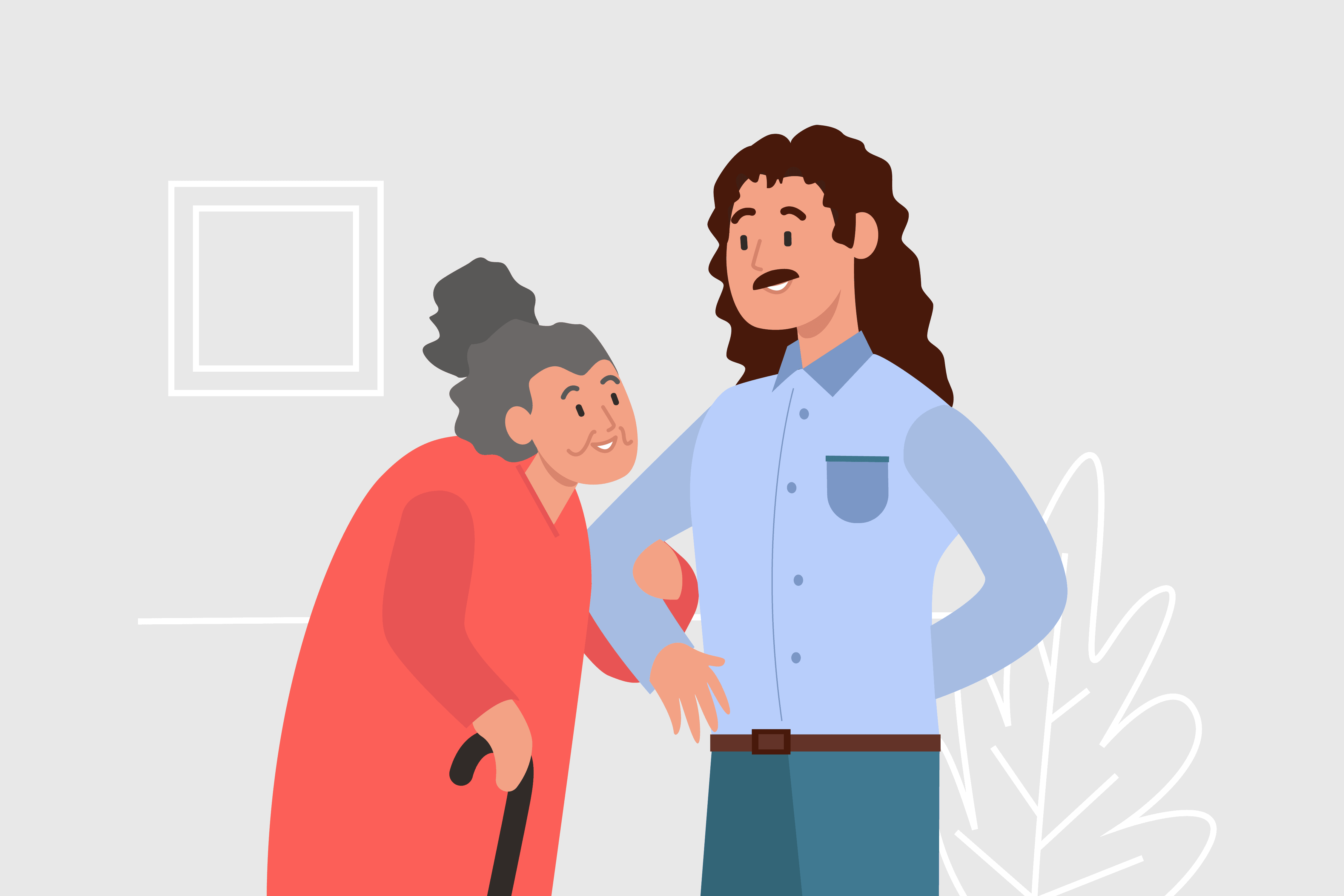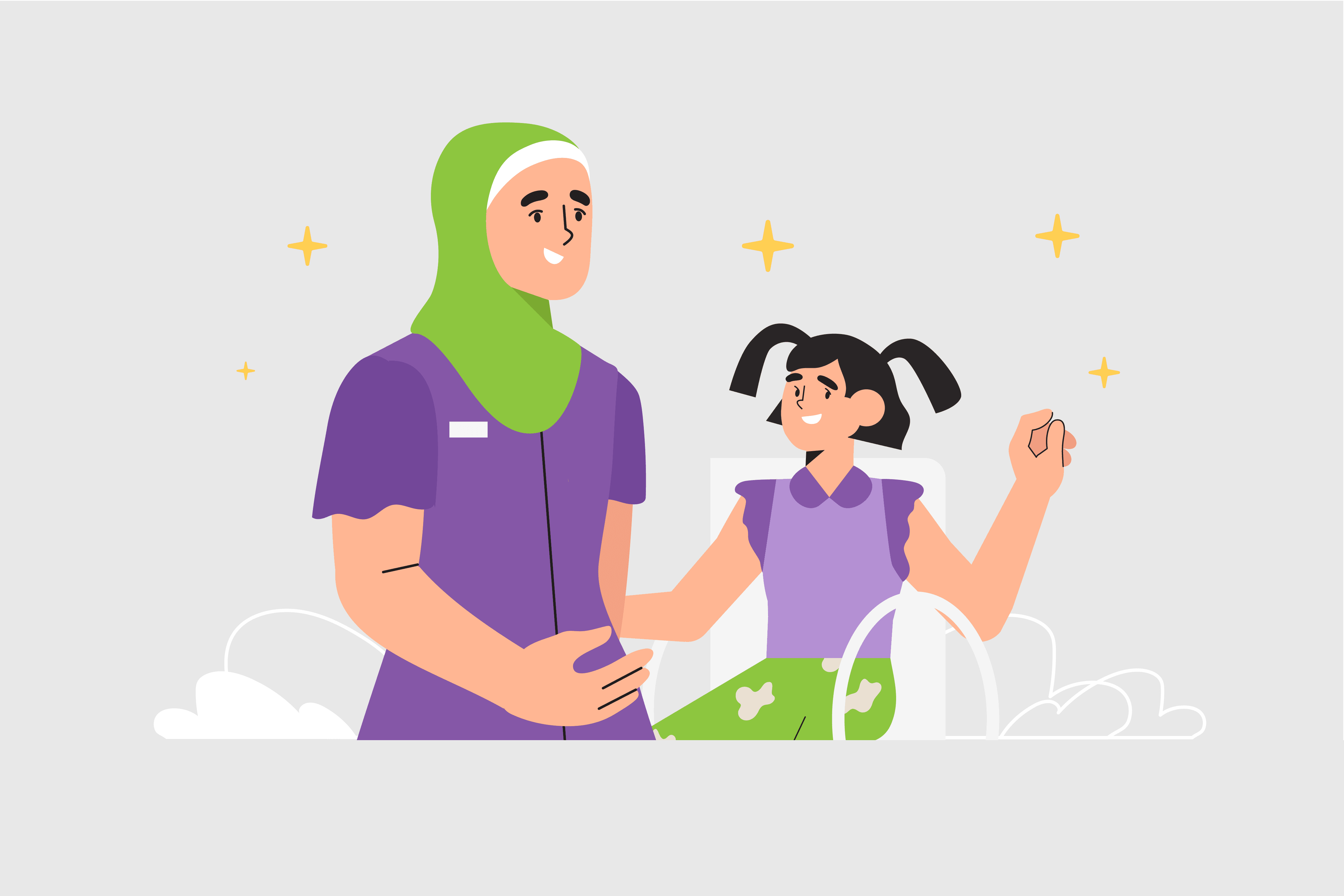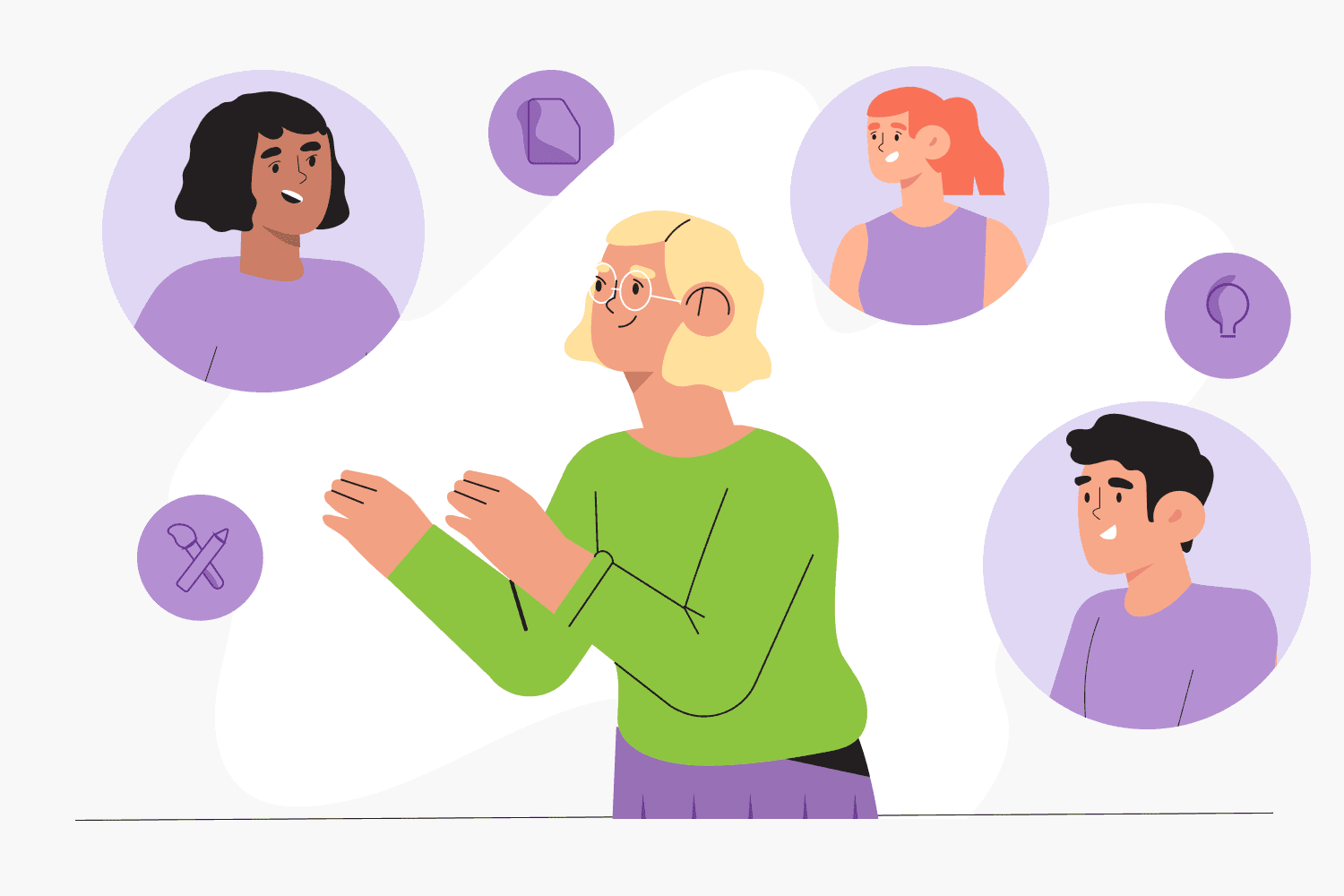School counsellor job description
Where we source our data
Let's get real. Job information online can often be overly optimistic — conveniently glossing over the raw bits. But when you're making decisions about your future, you need all the facts.
That's why we anonymously surveyed school counsellors about their job, with hopes of getting an honest insight into what it's really like.
While we did our best to ensure respondents were Australians and verified their job titles with proof of employment, we can't guarantee complete accuracy — or that your experiences in the field will reflect theirs. So, we suggest that you take these insights as a guide only and try to talk to people in the field before making an important decision.
Tasks and responsibilities for a school counsellor
School counsellors collaborate with teachers, learning support teams, parents and carers to assess, support and provide counselling to students from primary school right through to high school.
The role of a school counsellor can include:
- Providing counselling services to students through academic, emotional and social problems
- Helping students establish and reach their goals
- Mediating student and teacher conflicts
- Facilitating various school and counselling programs for issues like drug and alcohol prevention and emotional well-being
- Working to improve learning environments and the school community
- Discussing and approaching the potential for attitude and behavioural change
- Providing early intervention to any mental health issues
How to become a school counsellor
-
Study
Most student counsellors in Australia have completed an undergraduate degree in counselling, psychology or another related field. A university degree, like a Bachelor of Counselling, offers you high-level training and can equip you with the knowledge to go straight into an independent counselling role. A degree takes around three years to complete full-time, and some people carry on from here to achieve postgraduate training.
If you are not quite ready for the time commitment of a degree, it is also possible to enter the industry with Vocational Education and Training (VET) qualification. For example, a Diploma of Counselling (CHC51015) can provide a solid basis to enter the workforce in a shorter time (around a year). This level of qualification would generally allow for a role under supervision at first but offer the opportunity to progress to higher-level qualifications through further study later on.
-
Volunteer at a helpline
Volunteering to support vulnerable or troubled youth is an excellent opportunity for work experience in counselling. It also shows prospective employers that you have initiative and deeply care about the wellbeing of children. Lifeline has a variety of resources available to help you find a volunteer role that suits you.
-
Register with your state teaching board
Some educational institutions may require you to register with your state teaching board before practising as a school counsellor. Qualifications for registry vary depending on state or territory. Refer to individual state websites for further information.
-
Working with Children's Check
Before working in any school, you need to undergo a Working With Children’s Check. In most cases, this is a quick and easy process and carried out entirely online.
Pathway options
A role that supports young people emotionally and practically to better their academic lives is incredibly gratifying. A school counsellor job can also pave the way for other exciting career opportunities, professional development or further study.
Some pathways could be:
Junior
-
Support worker
Most common qualification: Certificate IV in Mental Health (CHC43315)
-
School counsellor
Most common qualification: Diploma of Counselling (CHC51015) + Supervision
-
Youth case worker
Most common qualification: Certificate IV in Youth Work (CHC40413)
-
Social worker
Most common qualification: Diploma of Community Services (CHC52015)
-
Youth counsellor
Most common qualification: Diploma of Youth Work (CHC50413)
Mid
-
Counsellor
Most common qualification: Diploma of Counselling (CHC51015) + Supervision
-
Child counsellor
Most common qualification: Diploma of Counselling (CHC51015) + Supervision
-
Family counsellor
Most common qualification: Diploma of Counselling (CHC51015) + Supervision
-
Drug and alcohol counsellor
Most common qualification: Diploma of Counselling (CHC51015) + Supervision
Senior
-
Psychotherapist
Most common qualification: Graduate Diploma of Trauma-Informed Processwork Psychotherapy (10779NAT)
-
Family dispute resolution practitioner
Most common qualification: Graduate Diploma of Family Dispute Resolution (CHC81115)
-
Rehab counsellor
Most common qualification: Master of Rehabilitation Counselling
Explore related qualifications
In Australia, school counsellor courses come as a part of larger counselling qualifications. To get the accreditation and experience you need to work as an entry-level school counsellor, you can explore the below courses:
Diploma of Counselling
A Diploma of Counselling reflects the role of counsellors, who use established counselling processes to support clients with personal and psychological issues.
Counsellors at this qualification level usually work in defined and supported roles in established agencies rather than independently.
The average course duration is 12 months full-time, but self-paced and part-time study schedules are available from some course providers. Coursework delivery can be online, in-class or a combination of the two.
Government subsidies and payment options may be available to eligible learners.
6 providers offer this course
Bachelor of Counselling
This degree-level qualification is for those who wish to become a professionally accredited counsellor.
The course provides a range of skills in counselling and ethical working to support individuals, families and groups and work within mental health, aged services, child protection, disability services and a range of other human services.
There are specific enrollment requirements for a bachelor degree, including required education levels and admission tests.
The average duration for this qualification is generally three years full-time or part-time equivalent. The course can be studied online if required, and fee assistance and payment plans may be available to eligible students.
Reviews
How we collect reviews
Reviews are from Australian workers with this job title or a very closely related one.
Is this your job title?
Share your thoughts and help people decide if this job is right for them.
- All
- Positive
- Negative
Well paid, independent role that allows me to help students and improve the school community and overall wellbeing.
What are the best parts of the job?
• Early mental health intervention • Student engagement • Whole school approach • Multidisciplinary teams • Access to PD • Meeting and working with other MHP • School holidays • Well paid role • Autonomous role • External supervision
What's the most challenging part?
• Working within a teaching culture with a social work framework • Funding barriers • Limited Access to community services • Covid • Wellbeing not being at the forefront of teachers minds • Technology • Consent • Stigma
Helping children with their issues.
What are the best parts of the job?
When the children are satisfied with the outcome of their counselling and let me know I have done a good job helping them.
What's the most challenging part?
There are no challenges, I really enjoy my career.
Helping kids cope with their problems.
What are the best parts of the job?
Helping all the kids with their problems and making a positive change in their lives.
What's the most challenging part?
The amount of kids that come to me every week is large and sometimes I have to turn them away.


